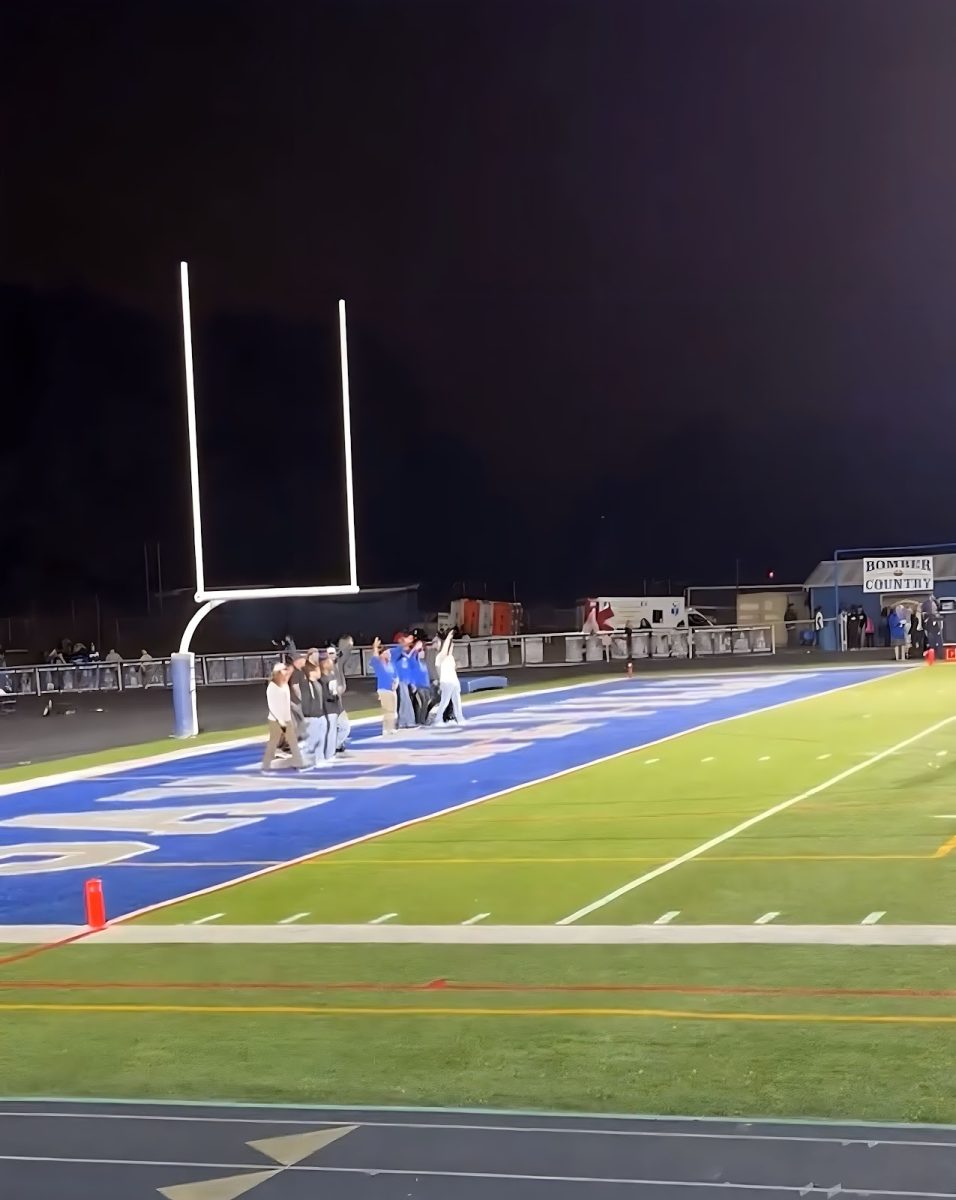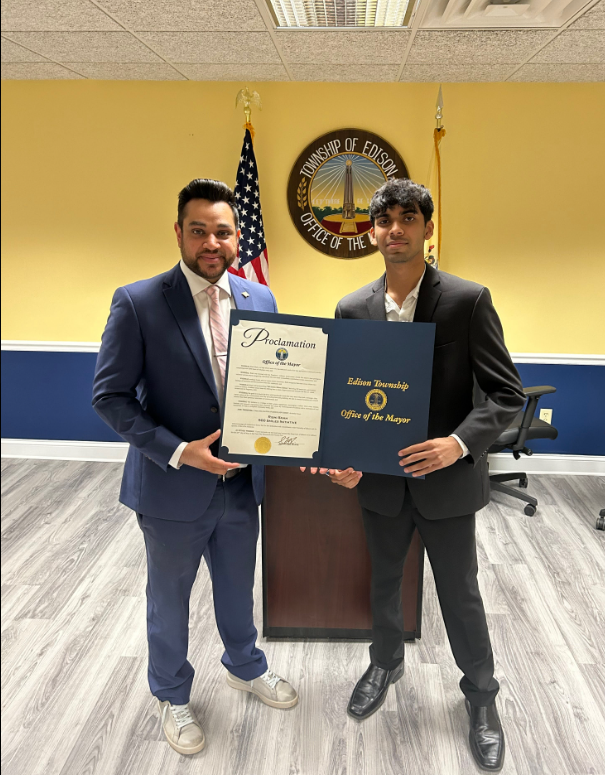Is the Voting Rights Act in Danger?

October 9, 2022
After Roe v. Wade was overturned on June 24, 2022, many American citizens expressed their concerns that the Supreme Court would soon go after other policies that guarantee individual rights. This sense of apprehension has become a reality: there are discussions about the threats now posed against the Voting Rights Act.
The Voting Rights Act was a landmark piece of federal legislation signed by President Lyndon B. Johnson in 1965 that outlawed any apparent discriminatory voting practices, which included literacy tests, forms of intimidation, and poll taxes. Consequently, this act provided all U.S. citizens – even those in ethnic minorities – with ample opportunity to voice their opinions in governmental processes by voting.
As such, the potential idea that the Voting Rights Act will be overturned like Roe v. Wade threatens the current balance and foundation of America’s democratic values. This is why a significant amount of attention and concern is being drawn towards Alabama’s redistricting plan.
Under this plan, Alabama’s new congressional maps include only one majority-Black district. Opponents of this immediately claimed that it violated Section 2 of the Voting Rights Act of 1965, stating that Alabama should have at least two majority-Black districts because the state has a population with more than one-quarter consisting of African Americans. Yet, supporters of this plan believe that adding another Black district would disrupt the current “race-neutral” balance.
Although the Supreme Court has yet to release an official decision regarding this case, if they rule in favor of Alabama, the impact and presence of the Voting Rights Act will be at significant risk in the country. And as a result, the suffrage of American citizens today may not be as easily maintained.













